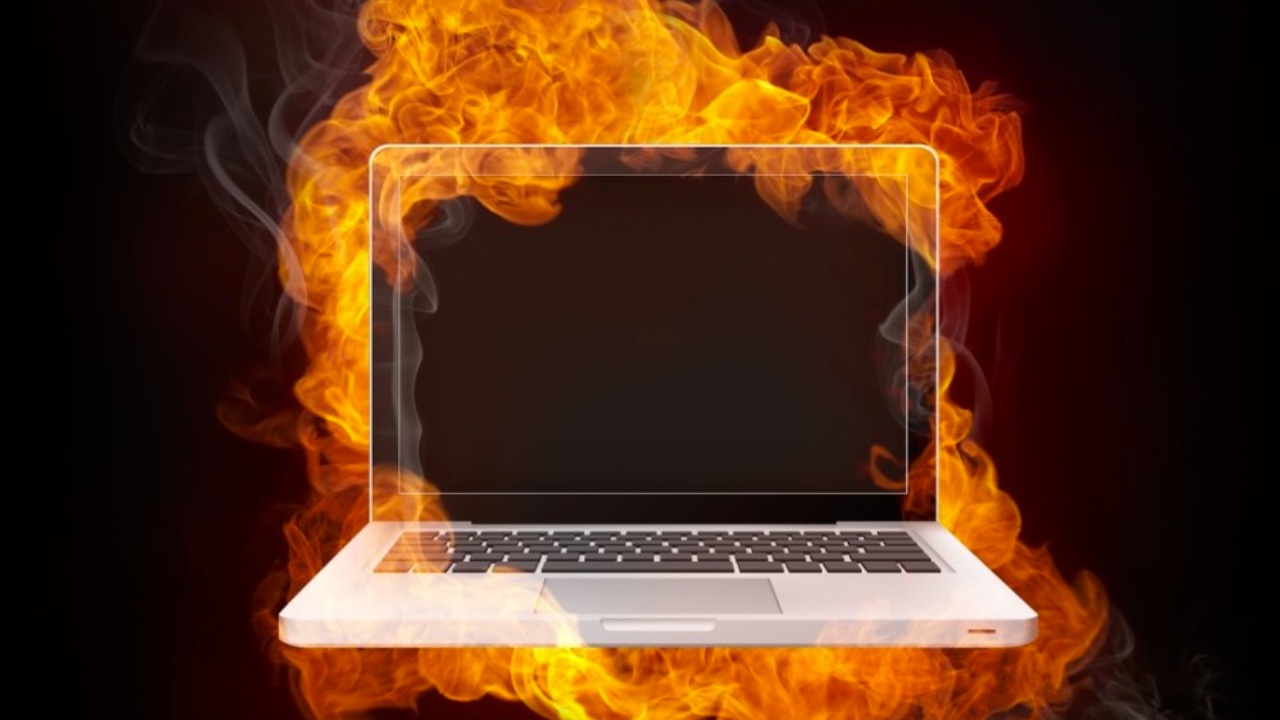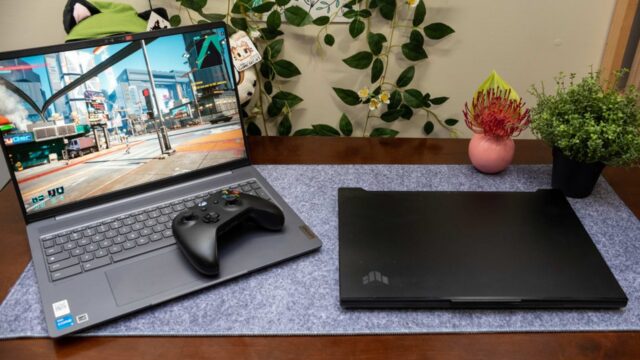The summer months bring about a great struggle for laptop users. With rising temperatures, laptops inevitably overheat, causing issues such as decreased performance. In this article, we will discuss laptop cooling methods.
Laptop Cooling Methods!
The main cause of laptop overheating during the summer is the excessive increase in ambient temperature. Laptops generate heat from the electronic components inside them. This heat is expelled through fans, but if the surrounding air is already hot, heat transfer becomes challenging. As a result, laptop temperature increases, and the built-in cooling fans may not be sufficient to reduce it.
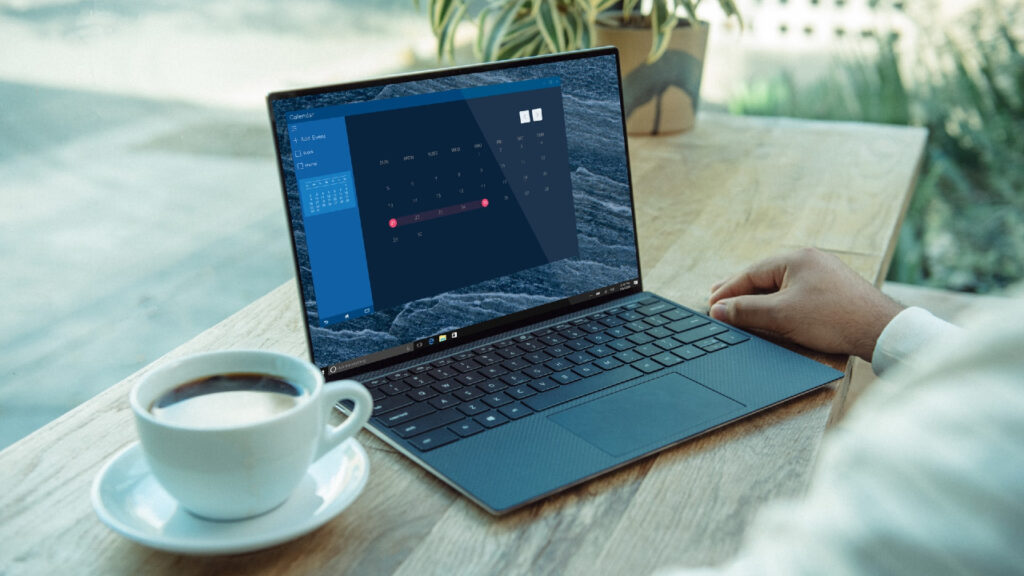
When the laptop temperature rises, the internal electronic components experience thermal stress, leading to a significant decrease in performance. Therefore, if you are a laptop user, we recommend taking measures to cool your device in order to maintain its health and improve performance. Let’s now move on to laptop cooling methods.
Replace Thermal Paste
There is a gap between the processor, graphics card, and the cooler in a laptop. Unfortunately, it is not possible to close this gap. This is where thermal paste comes into play, acting as a medium for heat transfer by filling the gap. However, over time, thermal paste can dry out and lose its effectiveness.
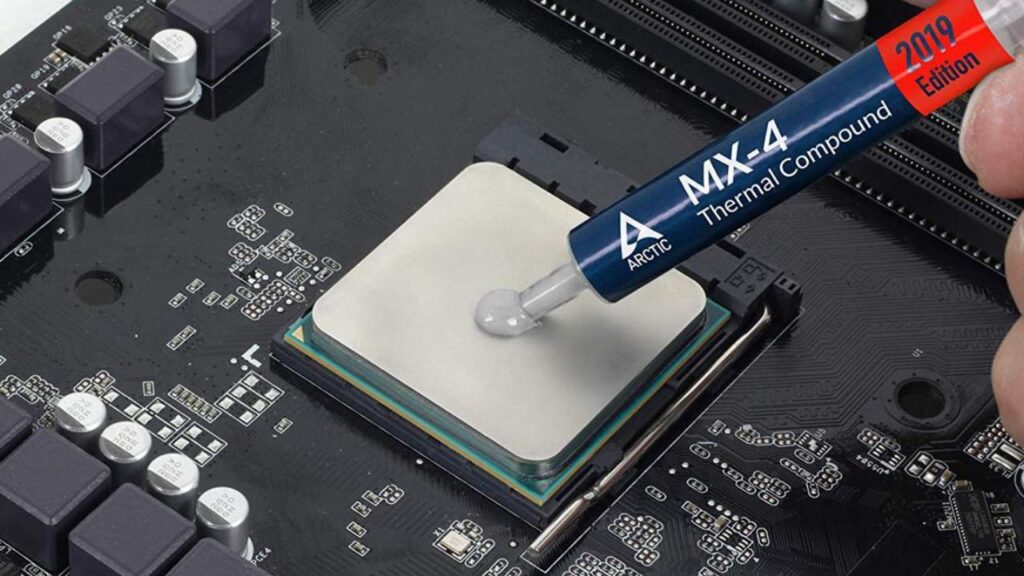
For this reason, we advise replacing the thermal paste on the laptop’s processor and graphics card if it is old. It is generally recommended to replace the thermal paste every 6-7 months. This can indirectly result in an increase in performance.
Clean the Laptop Case
Due to the compact design of laptops, the electronic components are tightly packed in a confined space. This leads to increased heat buildup compared to desktop computers and also makes laptops more prone to dust accumulation.
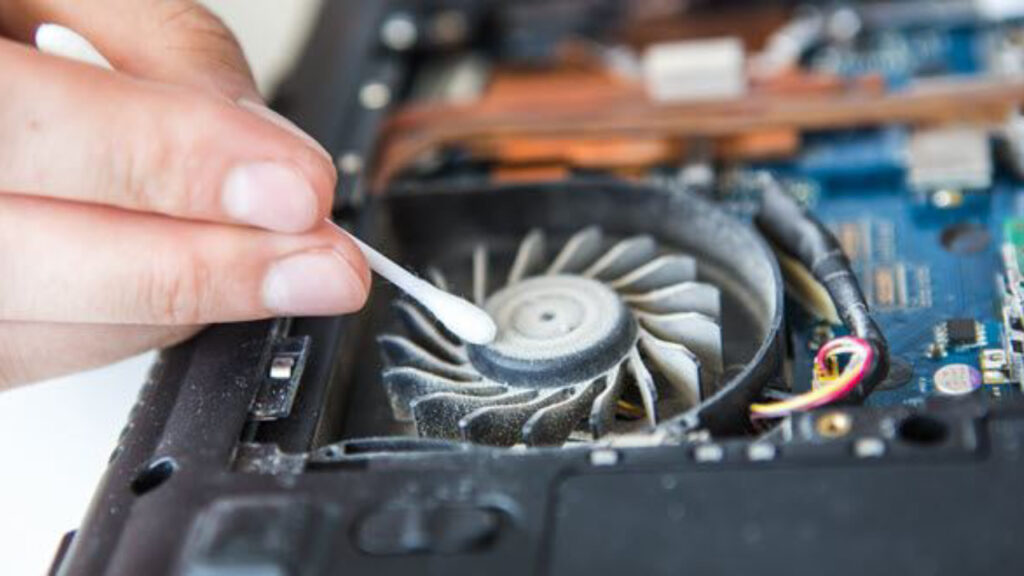
We recommend cleaning the laptop case every 6-7 months when you open it for replacing the thermal paste. Dust can clog the cooling fans, impeding proper airflow. This, in turn, leads to insufficient cooling of the processor and graphics card, resulting in overheating.
You can use a small brush or a toothbrush to clean the internal cooling fans or a low-power vacuum cleaner. Regularly cleaning the laptop is important for prolonging its lifespan.
Invest in a Cooling Pad
Since the internal cooling system may sometimes be insufficient, you can consider purchasing a cooling pad that can be placed under your laptop. This can enhance the cooling efficiency of your laptop. However, when choosing a cooling pad, be sure to opt for a reliable and high-quality one. Otherwise, it may do more harm than good.
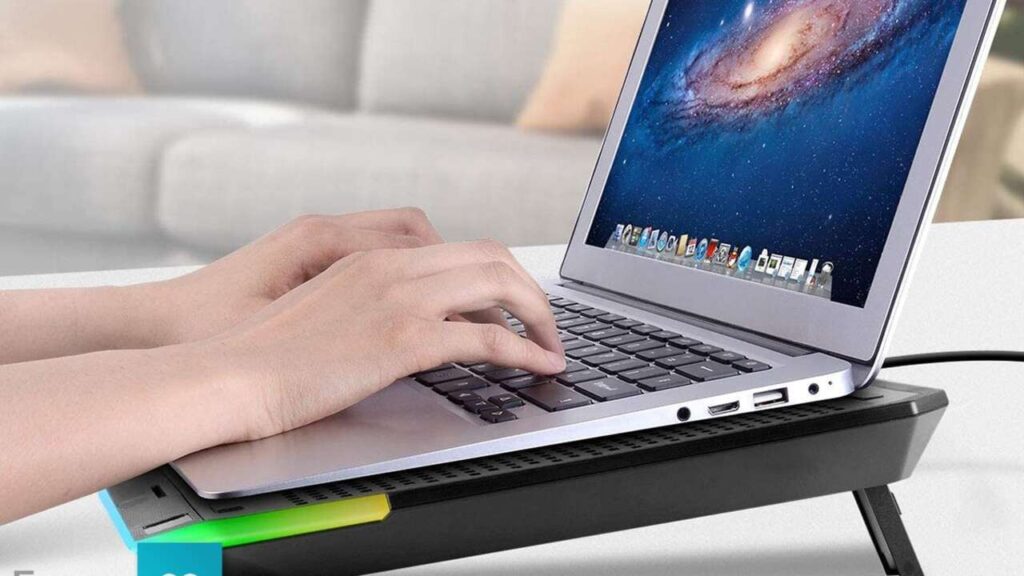
Many cooling pads available online do not provide significant benefits. Therefore, it is advisable to choose reputable brands. This is one of the laptop cooling methods you can consider.
Keep the Air Vent Clear:
Laptops have air vents located on the bottom and sides to effectively expel the accumulated hot air. It is important to keep these vents clear to allow the hot air to escape easily.
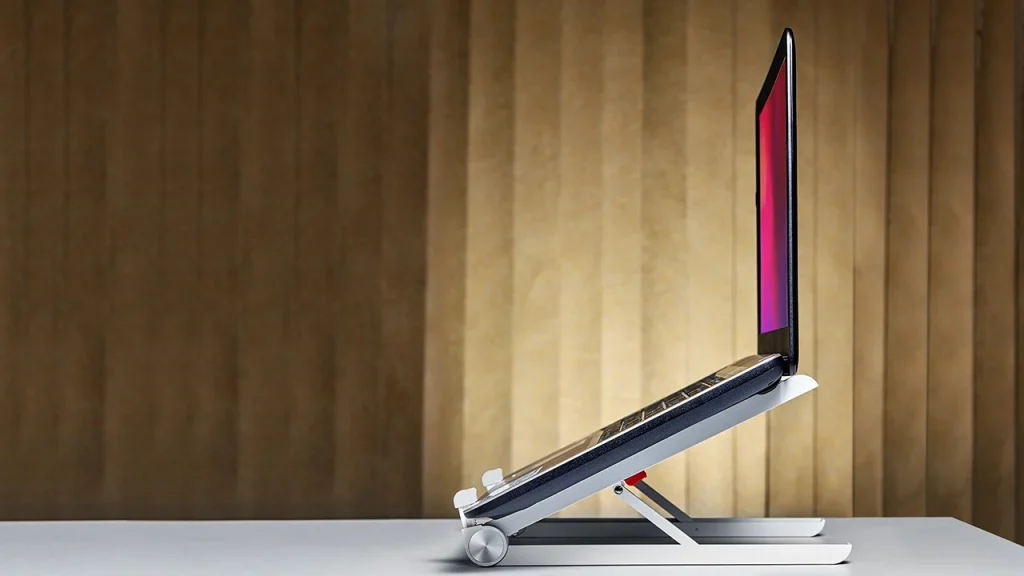
If the vents are blocked, the hot air cannot be expelled properly, leading to laptop overheating. To address this issue, you can place a laptop stand or any elevated object under your laptop to keep the air vent clear. If your laptop already has built-in feet, you can use them as well.
In this article, we discussed laptop cooling methods. What are your thoughts on this topic? Feel free to share your opinions in the comments section below.


